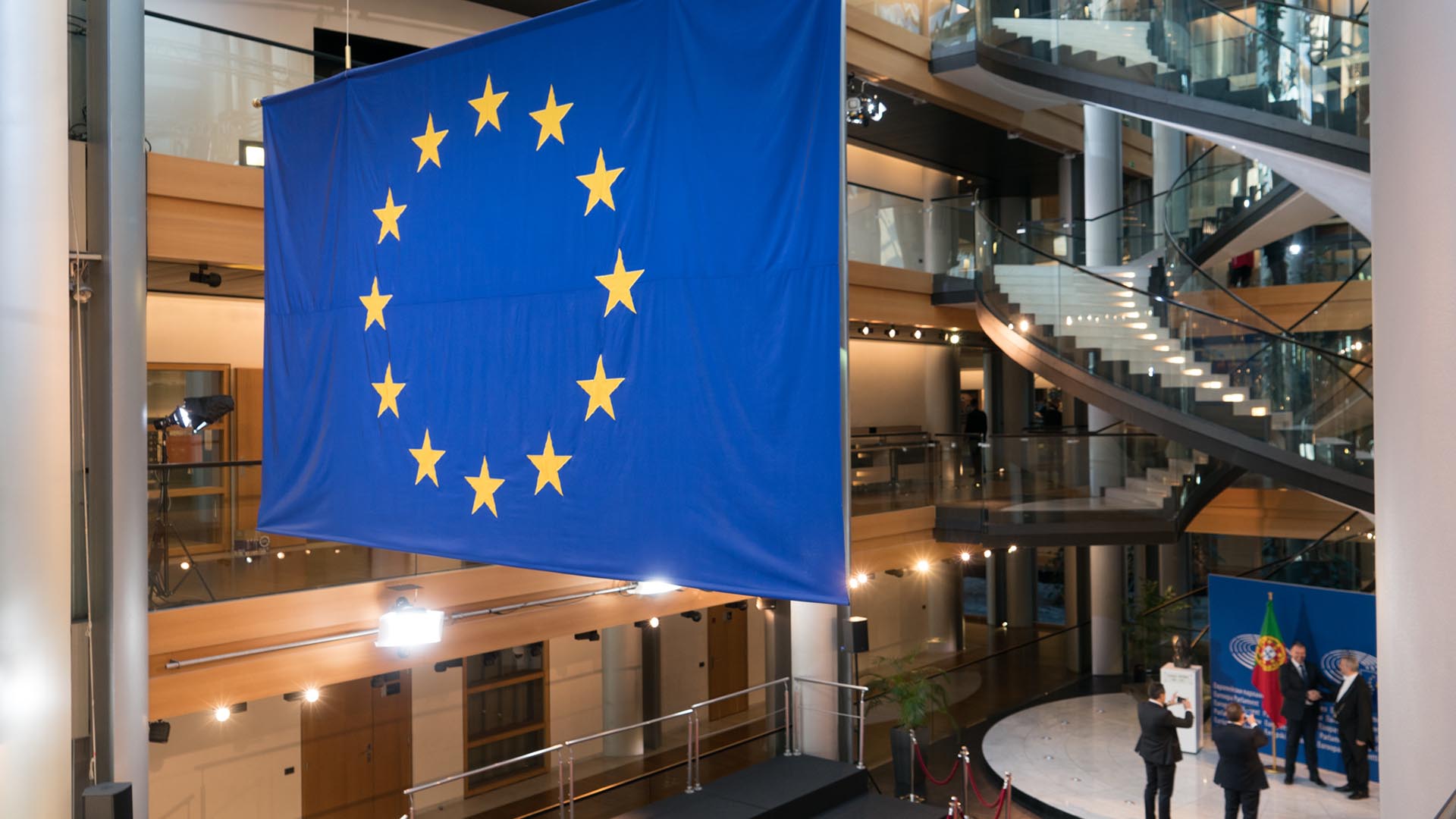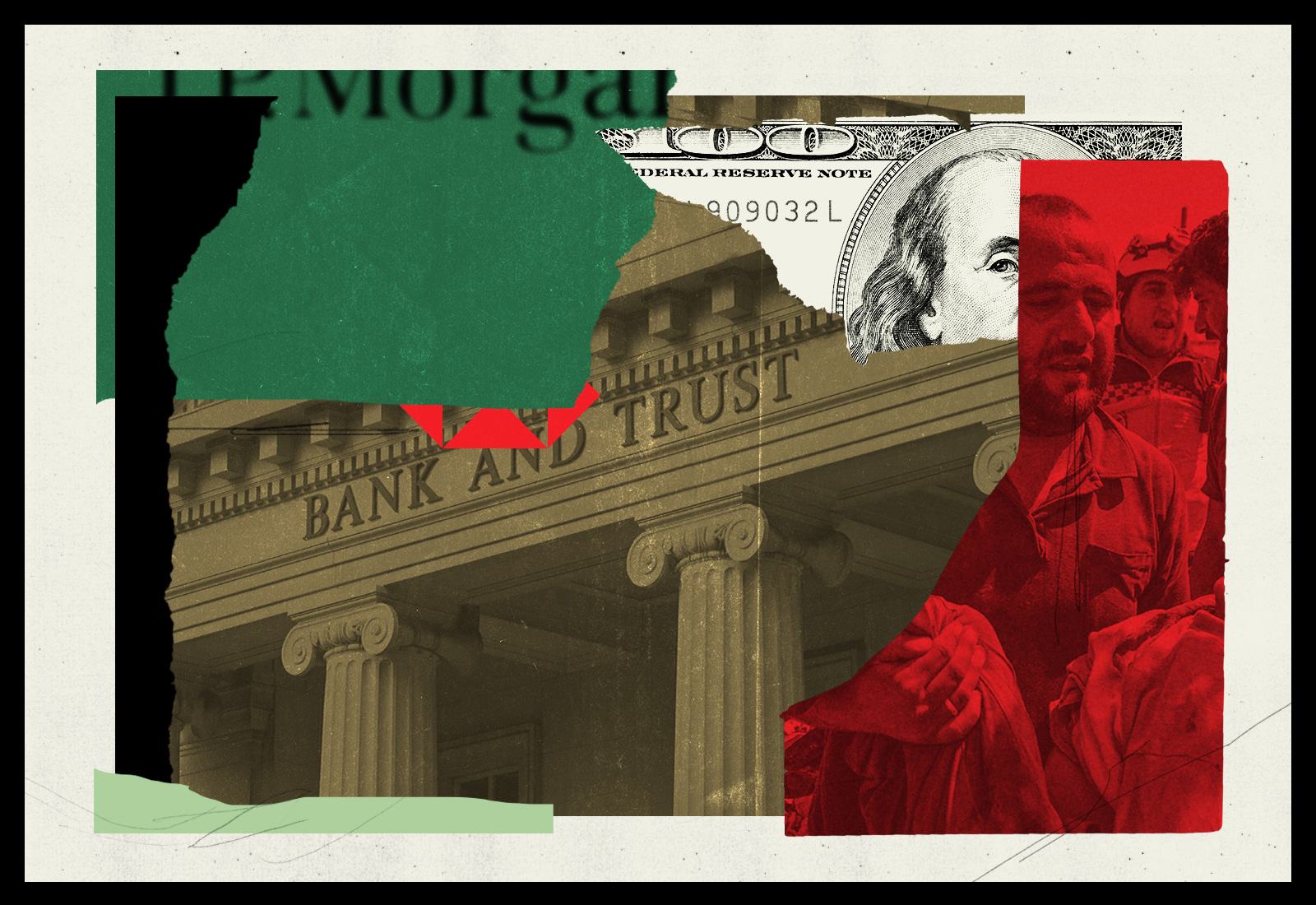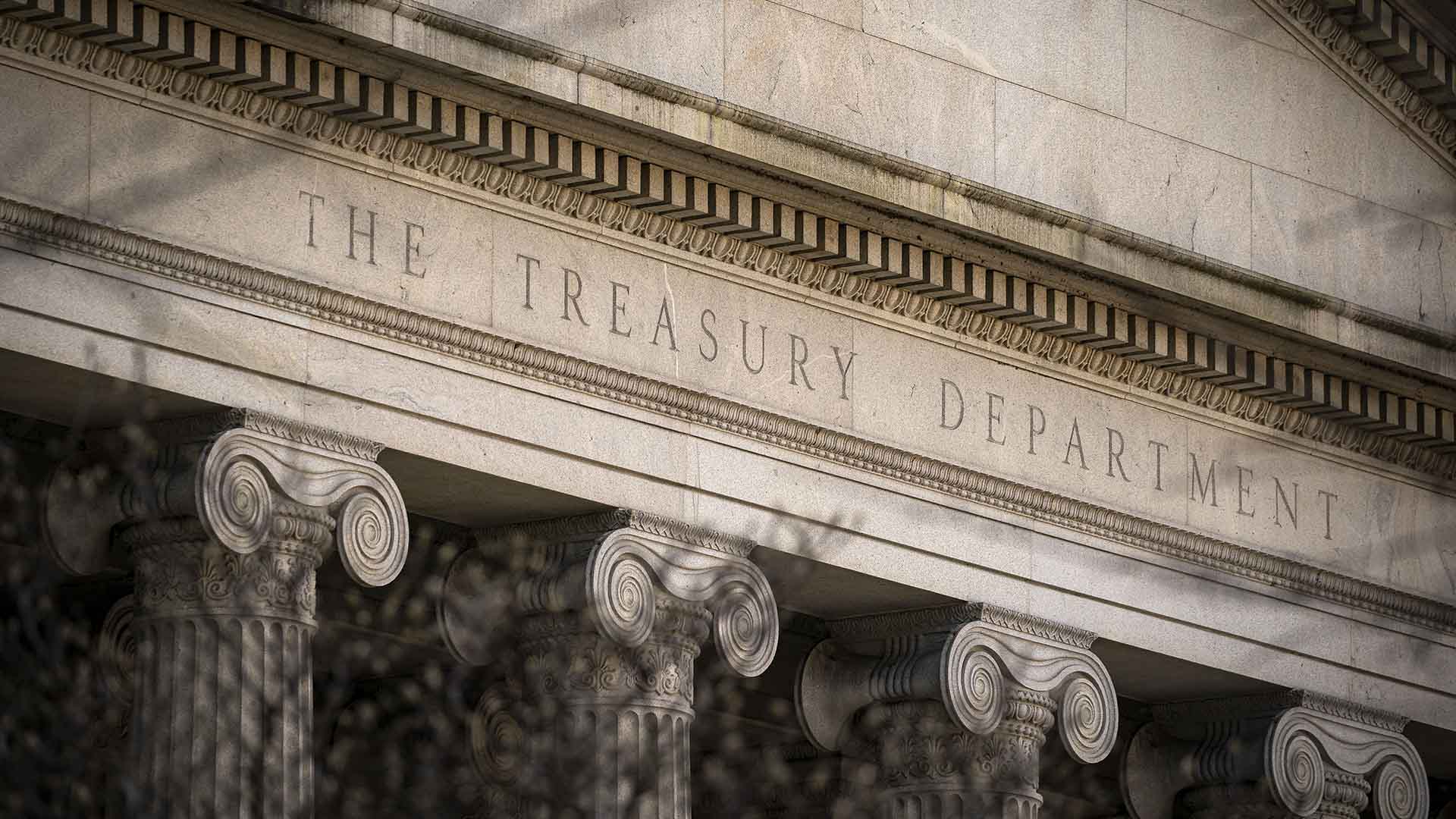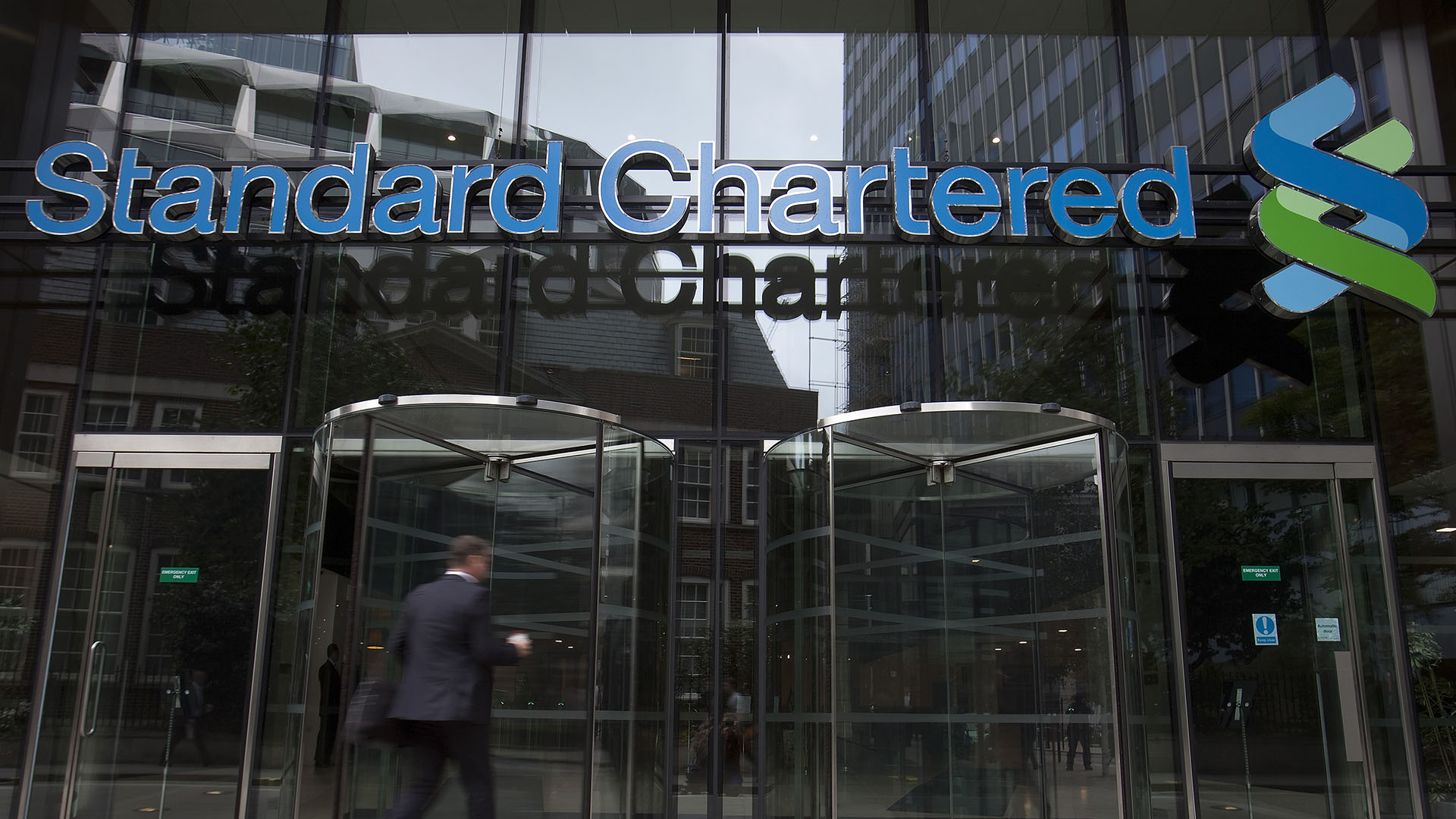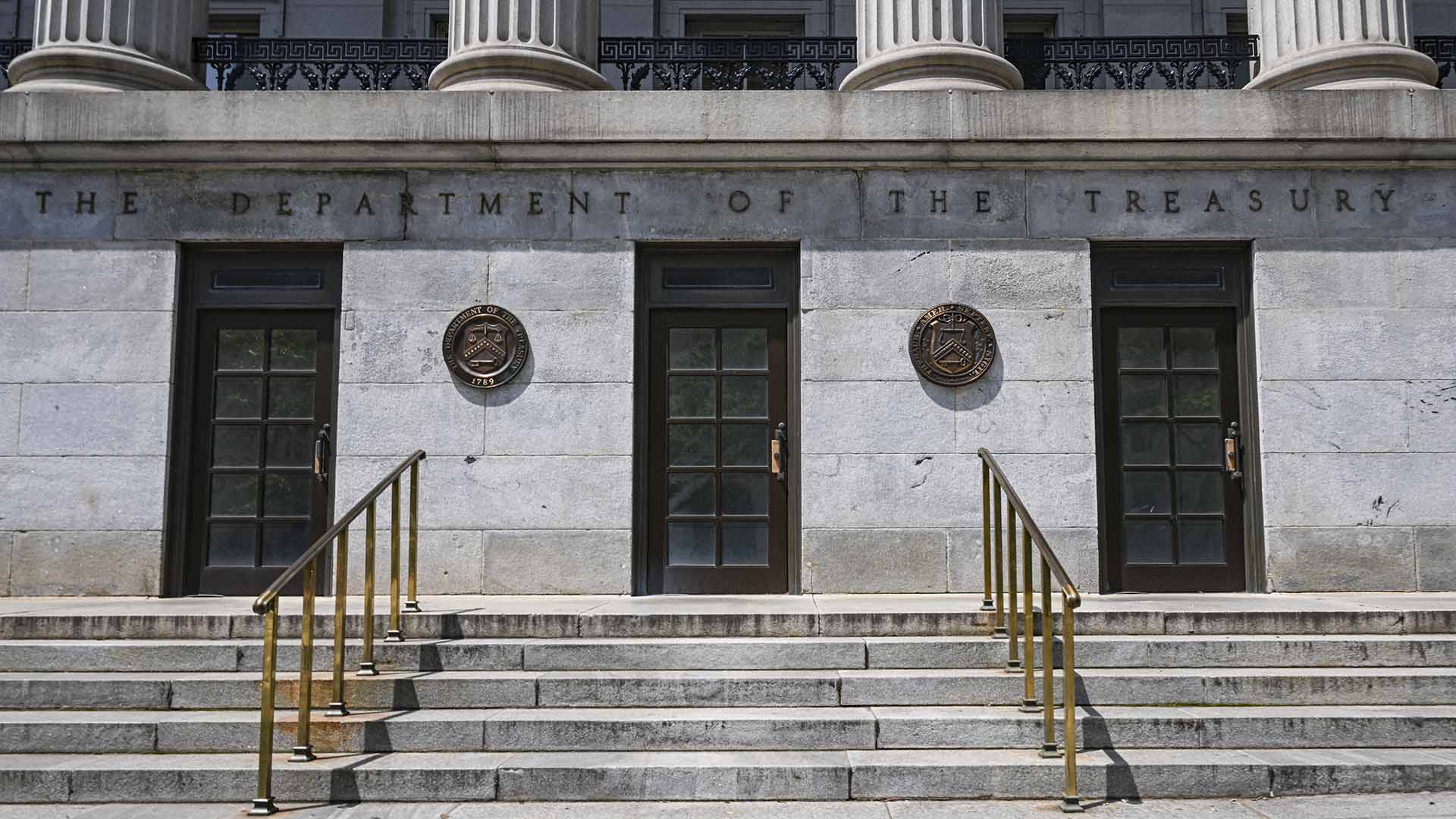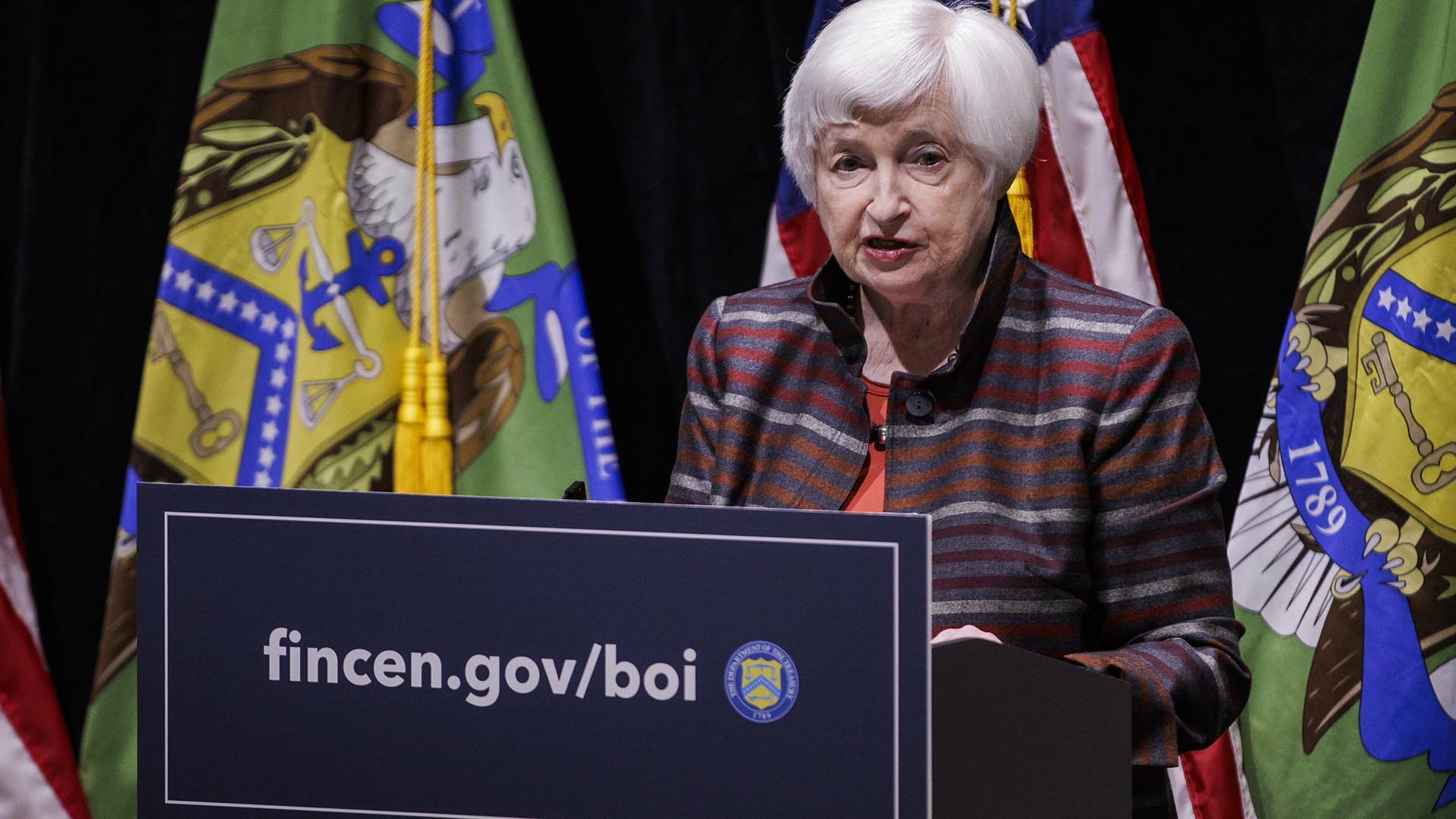Under pressure to act after a series of banking scandals involving billions of dollars in illicit transactions, the European Union has a plan to beef up its anti-money laundering system by creating an agency devoted to tackling financial crimes and a unified rulebook for its member states.
The proposal includes uniform rules across the bloc, an agency at the EU level that can impose fines totaling millions of dollars, and new regulations targeting the providers of crypto-assets, according to a draft reviewed by several news outlets. The European Commission will finalize the proposal by the end of July that, if approved by the European Parliament and member states, will go into effect in 2024.
“Money laundering, terrorist financing and organised crime remain significant problems which should be addressed at Union level,” the Commission’s document said.
Last year, the International Consortium of Investigative Journalists, revealed that some of the world’s biggest banks had allowed trillions of dollars in tainted money to flow freely through the global financial system.
Based on more than 2,100 secret reports filed by banks to the U.S.Treasury and obtained by BuzzFeed News, FinCEN Files documented how Mafia groups, terror financiers, arms dealers and sanction busters were able to move money through international financial institutions without much oversight. European lawmakers called for a more coordinated approach to fighting money laundering in the wake of the investigation.
In the European Union, the 27 member states have primary responsibility for supervising and enforcing anti-money laundering laws, and some countries have been slow in implementing stricter rules. “It is a Swiss cheese, full of holes,” a member of the European Parliament said during a debate on the FinCENFiles. Shortcomings had previously come to light in a 2019 report by the commission.
One of the goals of the new agency is to ensure countries apply the law uniformly, according to Steve Ryan, an officer with the commission’s department responsible for policies on banking and finance. He spoke at an online event organized in June by Accountancy Europe, a group that represents accountants and auditors.
“We want this divergence and weak links to come to an end,” Ryan said.
The EU’s Anti-Money Laundering Authority will have several roles: It will supervise cross-border financial entities, coordinate and assist national financial intelligence units and give policy advice to the commission.
The proposals, which could take years to implement, come after several major scandals tarnished the EU’s reputation by bringing to light the inadequacies of its system to combat money laundering.
A recent audit by the European Court of Auditors found “institutional fragmentation and poor co-ordination at EU level.”
In 2018, it was the U.S. Treasury who took action against ABLV Bank alleging that the Latvian lender had facilitated operations “linked to North Korea’s weapons program and corruption connected to Russia and Ukraine.” The American authority used its purview over dollar transactions to act against the European lender.
That same year, Danske Bank, Denmark’s largest bank, admitted that its Estonian branch had moved more than $230 billion from Russia and other former Soviet states and that a large part of that money was suspected to be of illegal origin.
Swedish and Finnish banks have also been embroiled in money laundering scandals.
Karel Lannoo, chief executive of the Centre for European Policy Studies, a think tank in Brussels, said that a unified rulebook, rather than a EU agency with limited powers, could have a more concrete impact on the bloc’s fight against money laundering, a crime able to “undermine civil society.”
“I just want to get out of people’s minds the illusion that the agency will solve the problem,” he told ICIJ in a phone interview.
Lannoo, who co-wrote a recent report on the EU’s anti-money laundering system, said it’s crucial that the member states refer to a shared set of rules, such as an agreed template for banks that file suspicious activity reports with local authorities; more rigorous application of company ownership registries; and a single definition of money laundering.
Data collection to assess the scale of the problem as well as the effectiveness of law enforcement was also of paramount importance, said Lannoo, who hopes the EU’s new plan will lead to a unified system more similar to the one existing in the United States.
Last month, the U.S. Financial Crimes Enforcement Network published for the first time a set of priorities, or “a key threat trends,” which will govern the agency’s policy to combat money laundering and terror financing.
FinCEN is expected to require banks and other financial institutions under its oversight to incorporate such priorities into their compliance program within 180 days of announcing the priorities.
The list of “threats” includes corruption, foreign and domestic terrorism financing, and cybercrime, and will be updated at least once every four years, the agency said in a statement.
